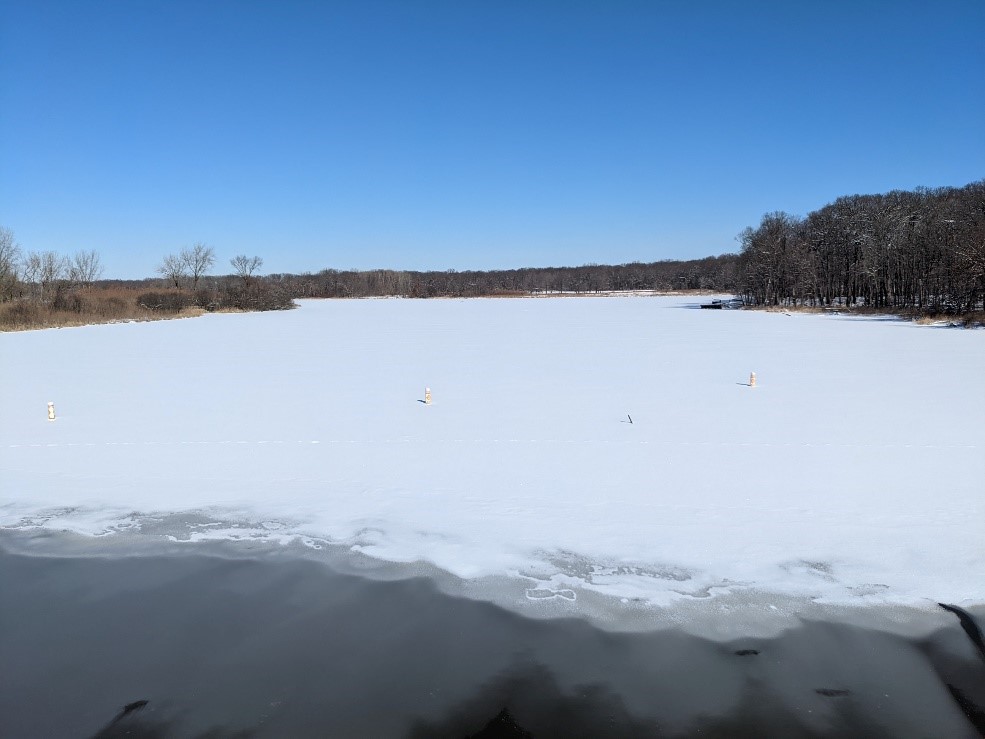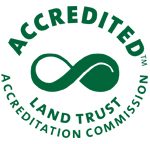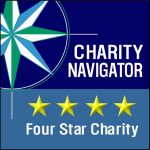Every drop of rain is going someplace. And every place it goes to is flowing somewhere else. This is the most basic concept of a watershed. “Watershed” is a term you have most certainly heard of before, but if someone asked you, “what is a watershed,” it may be challenging coming up with a good answer even though we all live within them. Simply put, a watershed is all the land that drains water to a common outlet. All the land that drains into the DuPage River is part of the DuPage River Watershed. The DuPage River flows into the Des Plaines, making the DuPage River Watershed part of the larger Des Plaines River Watershed. Ultimately, all these rivers, and more, flow into the Mississippi River and are, therefore, part of the expansive Mississippi River Watershed as well.
Watersheds are large, interconnected, and varying spaces, inhabited by all sorts of people with their own interests and priorities. The management and protection of their waters is no simple task, certainly too much to discuss in one little article. That being said, watersheds are of critical importance to people and nature. Watersheds include not just rivers, but lakes, reservoirs, wetlands, and groundwater. All these waters provide people with drinking water, water for industry, agriculture, and recreation. Plants and animals depend on clean water too. It’s not just about us after all!
Careful stewardship of the land is also important for watershed health. In an urban environment, one of the best ways to maintain clean land and water is the restoration of natural spaces. Forests, prairies, and wetlands receive polluted water from our cities, and are able to clean it through natural processes. When the water moves into the rivers and then flows downstream, it is cleaner and safer for people and wildlife. The most important area to protect is directly along rivers, called the riparian zone. This is the area that is directly influenced by the river, and supports a unique ecosystem. It is easiest to think of this area as the part of the floodplain closest to the river.
The Conservation Foundation (TCF) and the watershed groups we partner with spend a lot of time not only restoring natural areas for this and other purposes, but also making sure that the areas we restore will have a lasting impact. The DuPage River Salt Creek Workgroup (DRSCW), Lower DuPage River Watershed Coalition (LDRWC), and Lower Des Plaines Watershed Group (LDWG) carry out extensive field work and data collection all year long, to find areas that are most in need of restoration and can benefit most greatly from our intervention.
I’m lucky enough that this is a large part of my job. While it’s not always glamorous, especially on the hottest of days, as an environmental scientist I use a variety of tools and scientific equipment to collect data all over the watersheds we manage. During the spring you can find me walking the watershed identifying our survey sites. Come summer we’re in the river, collecting water samples, measuring flow, and looking for bugs and fish. The fall brings sediment collection, and chloride monitoring in the winter. I also maintain a network of probes throughout all the watersheds, continuously measuring water chemistry in the rivers.
Right now, however, things are mostly quiet for the field team although we still have plenty to keep busy. While I occasionally brave the cold to check the probes and test the rivers for chlorides, I also am crunching data, plotting graphs, making maps, writing reports, and getting ready for the excitement of the spring. All things to set us up for success and help keep everyone’s watersheds clean and healthy.

A map of the three watersheds that TCF works in. The DuPage River Salt Creek Workgroup (DRSCW), the Lower DuPage River Watershed Coalition (LDRWC), and the Lower Des Plaines Watershed Group (LDWG) are the three watershed groups that TCF staffs. McDonald Farm just so happens to be conveniently located in the middle.

Busse Woods Reservoir in Elk Grove Village. This is an artificial lake in the Salt Creek Watershed, and on this particularly cold day, I am testing for chlorides in the water.



